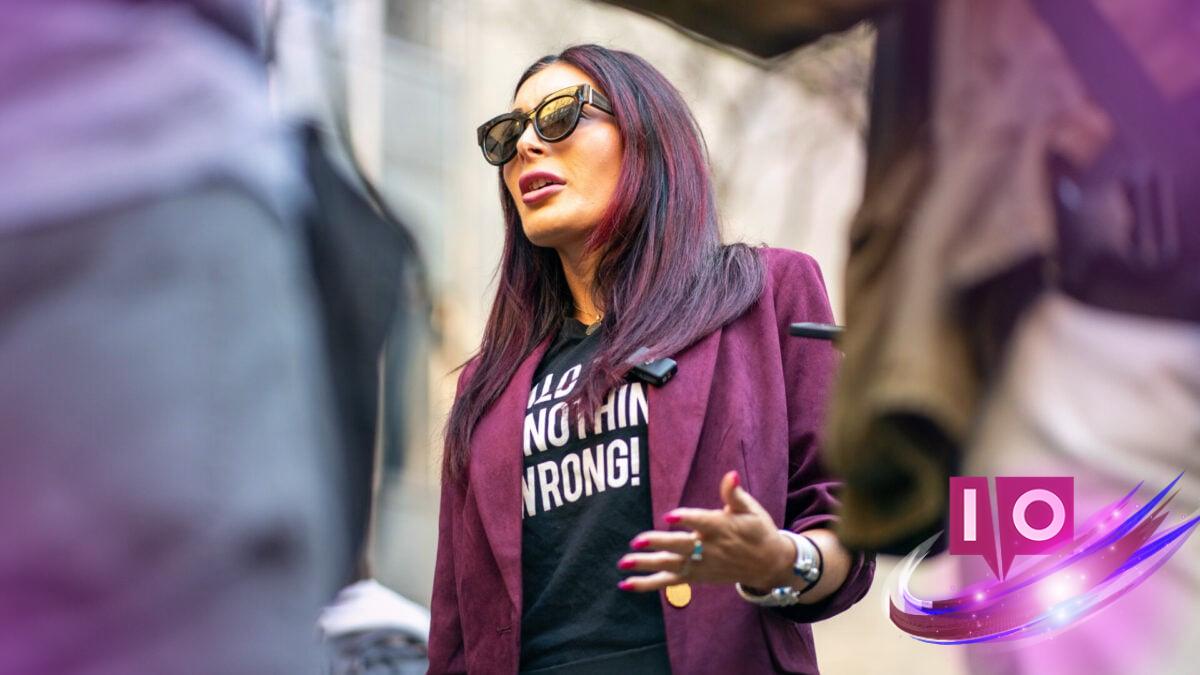In recent political dynamics, the influence of social media figures can have eye-opening repercussions on official proceedings. A case in point is Senator Mark Warner’s revelation regarding Laura Loomer, a right-wing influencer, and her potential role in derailing a key intelligence meeting. This incident not only raises questions about Loomer’s clout but also highlights broader implications for national security oversight.
Senator Warner, the leading Democrat on the Senate Intelligence Committee from Virginia, expressed his concerns about Loomer’s impact on governance. According to Warner, a planned meeting with officials from the National Geospatial-Intelligence Agency (NGA) was affected by Loomer’s social media criticism, suggesting her ongoing sway within the Trump administration. The senator characterized the event as a routine oversight meeting that was unjustly criticized, leading to its cancellation due to political pressures.
The Fallout from Loomer’s Criticism
Warner stated, “Over the weekend, conspiracy theorist Laura Loomer discovered the unpublicized, classified visit and launched a campaign of baseless attacks against both me and NGA Director Vice Admiral Trey Whitworth.” He lamented that such political maneuvering disregards the dedicated, nonpartisan staff at the NGA and undermines the principle of civilian oversight essential for our national security.
Contradicting Government Responses
The government’s response, however, tells a different story. A Defense official clarified that the NGA visit was merely rescheduled to accommodate bipartisan participation in a town hall event. This raises questions about transparency and accountability in governmental communications.
Loomer’s Social Media Shadow
Loomer’s social media posts about the senator, particularly one where she tagged Director of National Intelligence Tulsi Gabbard, illustrate her strategy of leveraging online platforms to amplify her voice. Just days after Warner’s statement, Loomer continued to call out the senator in her posts, branding him as a “liar” and a “communist FRAUD!” Such hostile exchanges indicate her desire to maintain a contentious presence, perhaps to distract from more pressing political discussions.
Understanding Loomer’s Influence
Why does Loomer have such an outsized influence in the political arena? She boasts a significant following of around 1.7 million users on social media. Yet, her path to prominence contrasts sharply with other personalities like Ben Shapiro, who, though popular, has not been similarly credited with influencing government decisions. Loomer’s tactics can lead to high-profile job terminations among officials who draw her ire, as evidenced by her role in targeting officials within essential agencies.
Is Loomer Driving Political Outcomes?
While Loomer has certainly caused disruptions, not every target of her discontent has been swayed. For instance, her ongoing criticisms of Attorney General Pam Bondi regarding sensitive issues like the Jeffrey Epstein files have not yielded any significant results. This discrepancy illustrates that her influence is not without limits.
Moreover, reports surfaced revealing friction between Loomer and White House officials. Some representatives expressed that “Laura is more trouble than she’s worth,” hinting at a growing recognition of her complex motivations that may extend beyond party loyalty to include personal interests.
Do Influencers Impact Government Policy?
Some in conservative circles speculate that Loomer’s influence goes beyond mere ideological alignment. Her attacks on certain officials coincide with corporate interests in pharmaceutical matters, raising the question: Is she on a payroll directing her tweets? Such a theory points to the often murky waters of influencer politics, where monetary incentives can blur lines between advocacy and ulterior motives.
Ultimately, here’s the pivotal inquiry: Can social media influence corrupt traditional political structures? It certainly seems plausible. Experts note that the bi-directional influence between influencers and policymakers can reshape political discourse, making it essential to scrutinize who holds real power.
What role do social media platforms play in shaping public perception and influencing governmental decisions? The ongoing discourse highlights that platforms like X (formerly Twitter) can rapidly elevate voices, sometimes leading to unintended consequences in official governance.
What happens when a government official faces backlash due to social media criticism? As seen in Warner’s case, such incidents can lead to canceled meetings and hindered oversight, emphasizing the tangled relationship between social media actors and official protocols.
How do influencers like Loomer gain their substantial audience? The blend of provocative content and targeted messaging often results in robust followings that can sway opinions and create ripple effects across political landscapes.
As national dialogues evolve, it’s crucial to continue examining the narrative surrounding figures like Loomer and their impacts on governance. To learn more about the intricate ties between politics and social media, explore further discussions on related content.
For more deep dives into the fascinating world of politics and media, check out Moyens I/O.
